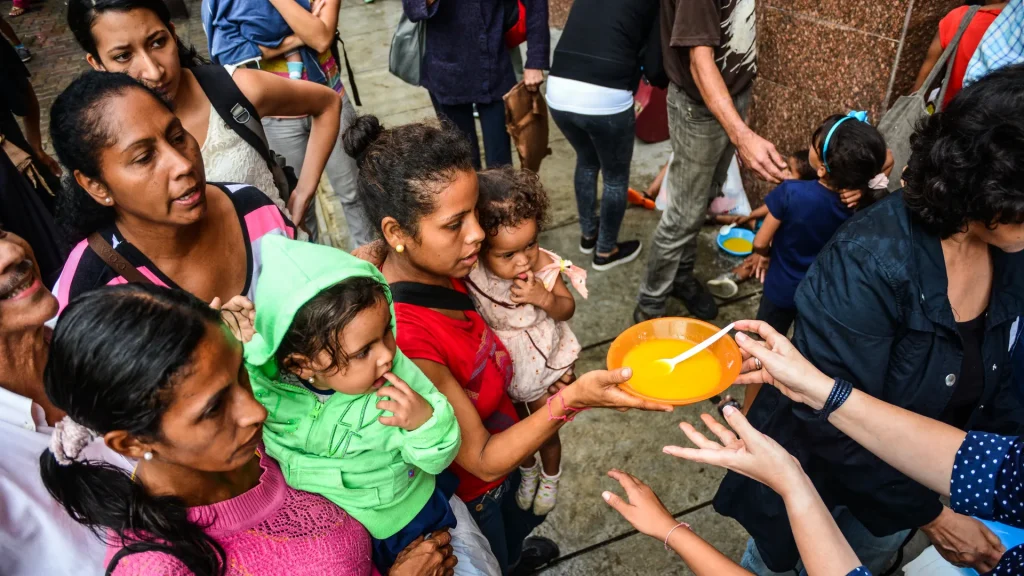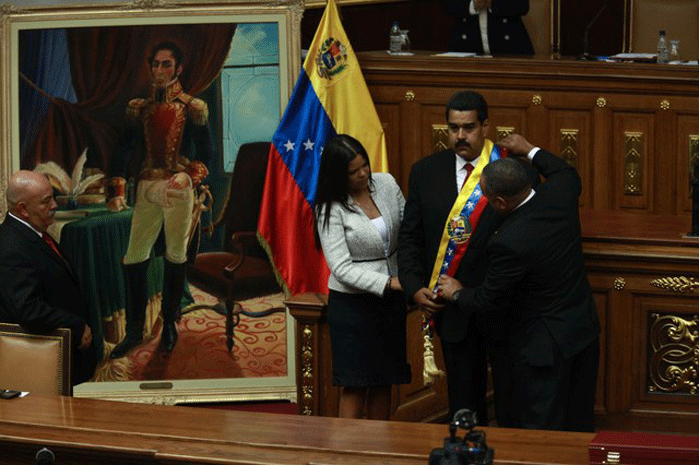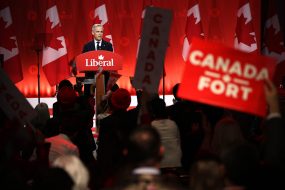"Venezuela's resilience in the face of adversity is a testament to its people's enduring spirit, even as they navigate political turmoil and economic hardship..."
As Venezuela approaches its highly anticipated election, the country finds itself at a critical juncture. The election, set against the backdrop of a protracted economic crisis, presents an opportunity for change and a glimmer of hope for the millions of Venezuelans yearning for stability and prosperity.
The Political Landscape
Venezuela’s political landscape is marked by deep divisions and a complex history of governance. The ruling United Socialist Party of Venezuela (PSUV), led by President Nicolás Maduro, has faced intense scrutiny both domestically and internationally. Allegations of electoral irregularities and human rights abuses have cast a shadow over Maduro’s administration, leading to widespread discontent.
Opposition parties, on the other hand, have struggled to present a united front. The fragmentation within the opposition camp has often weakened their position, allowing the ruling party to maintain a strong grip on power. However, recent developments suggest a potential shift. Key opposition figures have been working to consolidate their efforts, hoping to leverage widespread dissatisfaction to secure a more democratic and transparent governance model.
Economic Woes
At the heart of Venezuela’s challenges lies its economic crisis. Once one of Latin America’s wealthiest nations, Venezuela’s economy has been crippled by hyperinflation, corruption, and mismanagement. The country’s dependence on oil exports, which constitute the majority of its revenue, has left it vulnerable to fluctuations in global oil prices. The economic situation has been exacerbated by U.S. sanctions, which have further restricted the country’s access to international markets.

Hyperinflation remains one of the most pressing issues, with the country’s currency, the bolívar, losing much of its value. Prices for basic goods and services have skyrocketed, making everyday life increasingly difficult for ordinary Venezuelans. Food and medicine shortages are widespread, and many citizens rely on government subsidies or black-market purchases to meet their needs.
The Humanitarian Crisis
The economic downturn has precipitated a humanitarian crisis, with millions of Venezuelans fleeing the country in search of better opportunities. The exodus has created a strain on neighboring countries, which are struggling to accommodate the influx of refugees. The United Nations has described the situation as one of the worst displacement crises in the world, highlighting the urgent need for international assistance and cooperation.
Inside the country, the healthcare system is in shambles. Hospitals lack essential supplies, and healthcare professionals often work without pay. The COVID-19 pandemic further strained the fragile system, exposing the dire conditions in which many Venezuelans live. The combination of economic hardship and inadequate healthcare has led to a significant decline in quality of life and life expectancy.
The Election: A Turning Point?
The upcoming election could be a turning point for Venezuela. For many, it represents a chance to address the country’s deep-seated issues and pave the way for a brighter future. However, skepticism remains high. Previous elections have been marred by allegations of fraud and voter suppression, and many fear that this election may follow the same pattern.

International observers and organizations are closely monitoring the situation, emphasizing the importance of a free and fair election. The outcome will not only determine the political future of the country but also impact its economic trajectory. A transparent and legitimate election process could restore confidence in the government’s ability to manage the country’s affairs and attract much-needed foreign investment.
Looking Ahead
As Venezuela stands on the precipice of potential change, the world watches with bated breath. The election and the government’s approach to addressing the economic crisis will be pivotal in shaping the country’s future. For the people of Venezuela, this moment is filled with both hope and uncertainty. They yearn for stability, prosperity, and the restoration of basic human rights.
The international community has a crucial role to play in supporting Venezuela during this challenging time. Diplomatic efforts, humanitarian aid, and economic partnerships will be essential in helping the country navigate its path forward. Ultimately, the future of Venezuela hinges on the collective will of its people and their leaders to work towards a more inclusive, transparent, and prosperous society.












